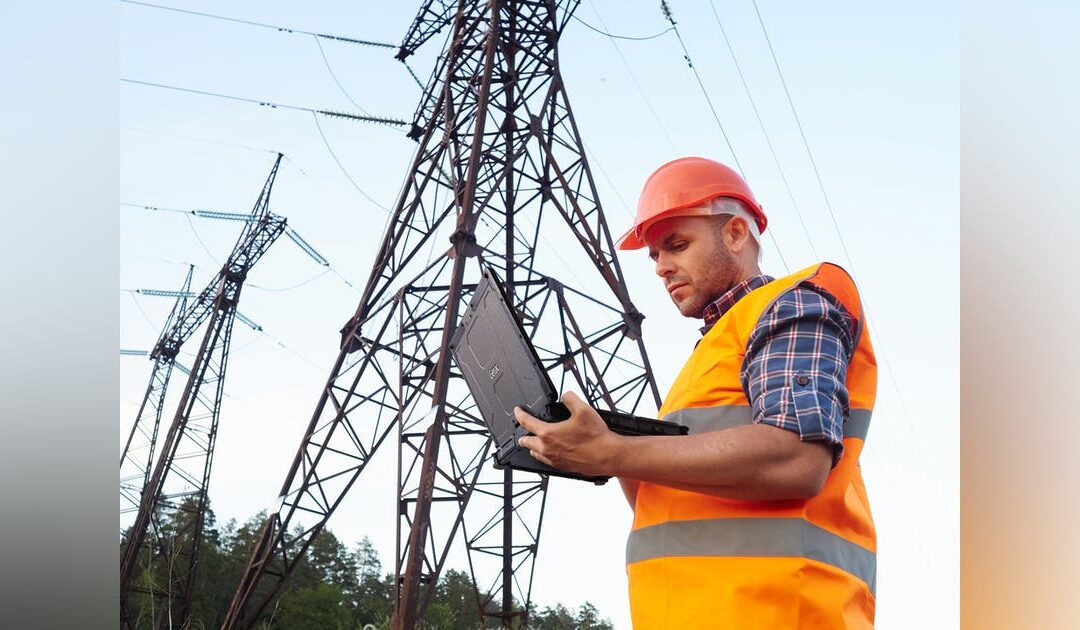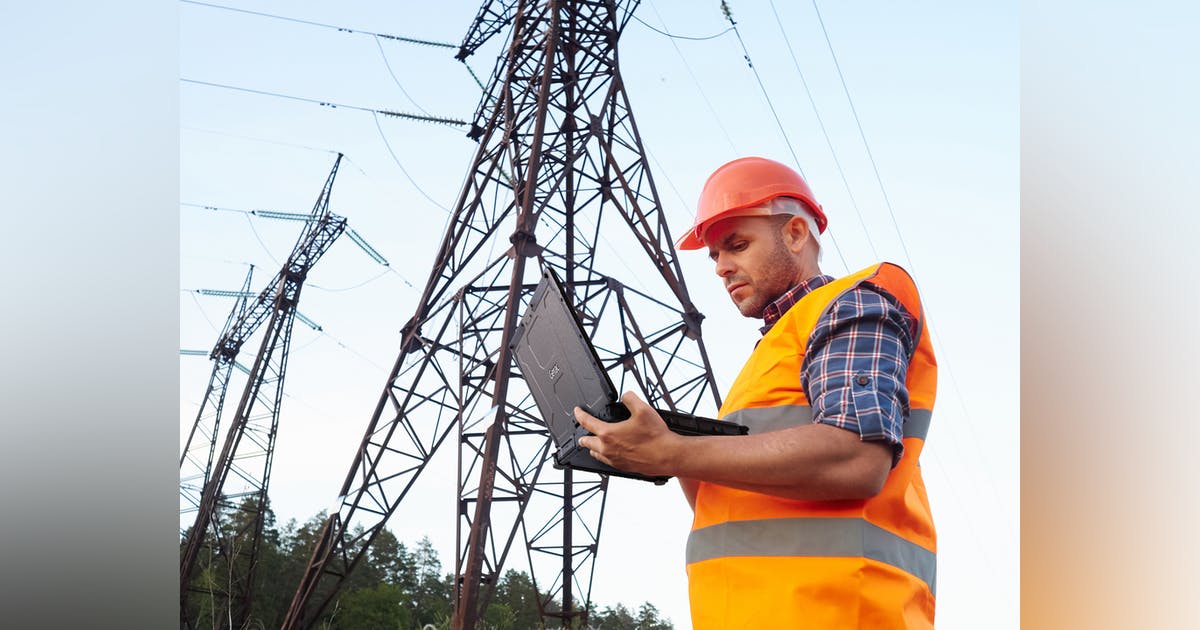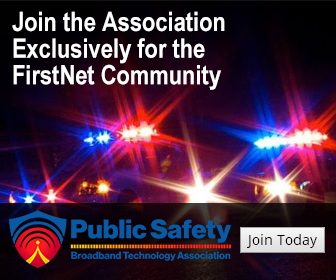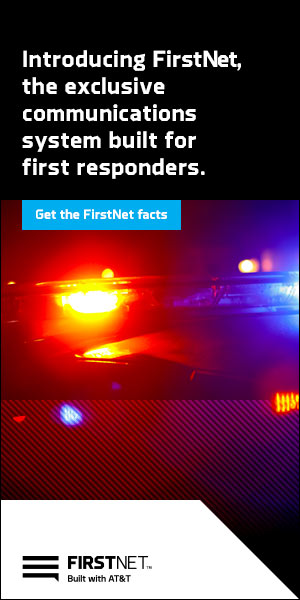
by AllThingsECC.com | Nov 21, 2021 | Articles, Comm Center News
Winter Storm Uri, Western wildfires, an active Atlantic hurricane season and hundreds of tornadoes created extreme working challenges for utility fieldworkers that underscored the need for highly reliable communications between field crews and operations centers.
Many utilities, recognizing their field crews face increased risks from extreme weather and natural disasters, have outfitted their field crews with exceptionally rugged computing solutions and reliable communication networks that allow real-time communication between field crews and operations centers. For those in the field, it’s literally a matter of life and death…
by AllThingsECC.com | Nov 19, 2021 | Articles, Comm Center News
By Adam Stone November 17, 2021
In an increasingly digital era, networks are key to enabling the federal mission. In this regard, government agencies can turn to the private sector to ensure they have the most relevant, modern capabilities to support not just telecommunications, but also the ready flow of data that helps to drive mission outcomes.
“We thrive as a nation when public and private enterprises are working together,” said Jason Porter, president of AT&T Public Sector and FirstNet.
READ FULL ARTICLE
by AllThingsECC.com | Nov 18, 2021 | Articles, Comm Center News
This week’s Advocate is a throwback to 2017 when I wrote about the difference between network capacity requirements of commercial broadband networks and capacity requirements of public-safety broadband networks. This is a good time for this particular throwback since we are currently working with the Federal Communications Commission (FCC) to determine the highest and best use for 4.9 -GHz spectrum. When establishing capacity needs of a broadband network, it is important to understand that commercial network capacity assumptions do not hold up when it comes to public safety. As you will discover below, this is because most public-safety incidents happen within small geographic areas. Therefore, the capacity needed during these incidents has to be measured based on what is available within a single cell sector or cell site…
by ECC Editor | Nov 16, 2021 | Articles, Comm Center News
WASHINGTON, November 15, 2021–– Experts at a Federal Communications Bar Association event earlier this month said the current funding allocation for next-generation 911 services is inadequate.
Currently, under the Joe Biden administration’s Build Back Better Act, the new 911 services – which will allow people to share videos, images and texts with 911 call centers – is allocated $500 million.
“It’s not enough to fully fund 911,” David Redl, CEO of consulting group Salt Point Strategies, said on the FCBA’s “What Comes Next in 911” panel on November 4. Redl was formerly the head of the Commerce Department’s telecom agency National Telecommunications and Information Administration…
by ECC Editor | Nov 16, 2021 | Articles, Comm Center News
As the westernmost point and Territory of the United States, Guam’s unofficial motto is “Where America’s Day Begins.” It will also be where the first 9-1-1 calls on a calendar day will be dispatched using Caliber’s Computer-Aided Dispatch solutions.
After a thorough evaluation process, the Guam Fire Department (GFD) announced the award and notice to proceed with Tyto Government Solutions (Tyto) to upgrade from the existing obsolete E9-1-1 system and deliver Next Generation 9-1-1 (NG9-1-1) equipment, technology, and services. The NG9-1-1 system will give emergency call takers and first responders an accurate and comprehensive view of incidents, improved caller location, enhanced mapping, decision support tools, and more. Among the project’s various components, Caliber Public Safety, a Tyto GSI partner, will deliver the Computer-Aided Dispatch (CAD) and Mobile solutions, including PocketRescue™ – a smartphone application enabling access to mission-critical information… READ MORE
by AllThingsECC.com | Nov 11, 2021 | Articles, Comm Center News
Rural Broadband
As most of you know by now, the infrastructure bill was finally passed by the House last week. It had already been passed by the Senate and is now on its way to the White House for the President’s signature. This bill includes $65 Billion in funding for rural broadband services. Whether there are provisions for oversight and coordination of how this money is spent, who spends it, and for what technologies is unclear.
As I have said before, my concern is that without some form of oversight we could end up with a patchwork quilt of non-compatible broadband deployments in rural areas. Some think broadband must be fiber-only and some believe there are a number of technologies that can be used to deploy broadband services in rural America…




